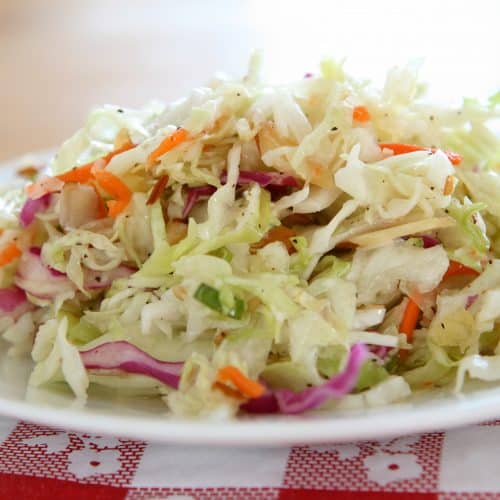ATLANTA (October 30, 2014) —A recent study has concluded that low-calorie sweeteners, including sucralose, are not associated with increased cravings.
In the study, researchers set out to determine if low-calorie sweeteners would cause increased sweet cravings when compared to sugar. They conducted four separate experiments, each with around 400 participants. In the experiments, each participant drank water mixed with sugar or mixed with different sweeteners, including sucralose. They were then asked to rate their perceived sweetness of the samples on a scale from 0 to 100, with 100 being the sweetest sensation they could imagine.
The results found that the various low-calorie sweeteners such as sucralose did not have greater sweet sensations, or cause cravings, when compared to sugar. The researchers concluded that, “Our data indicate that NNS [non-nutritive sweeteners] are not super-stimuli with regard to perceived sweetness intensity. That is, although NNS may have greater binding affinity to sweet receptors, this does not imply NNS over stimulate sweet receptors as has been implied previously.” Finally, they added that “present data suggest that NNS do not result in deleterious health effects by over-stimulating sweet taste receptors to produce hyper-intense sweet sensations.”
While there have been speculations that low-calorie sweeteners cause people to gain weight because they lead to consumers craving sweets, these research results provide further evidence that low-calorie sweeteners do not overpower peoples’ taste buds or lead them to crave sweeter foods. Further, these results support previous scientific literature that suggest low-calorie sweeteners can assist people in losing and managing their weight while allowing them to enjoy the foods they love..




